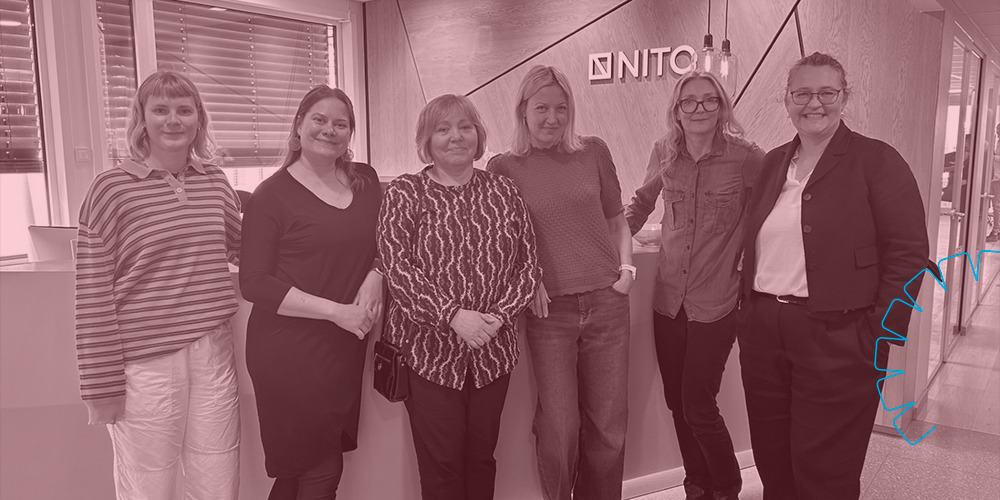Recently, ANE’s Diversity and Inclusion (D&I) workgroup met for a workshop on seniors facing discrimination, in which great focus was placed on the ageing STEM workforce and the challenges seniors face. Our member organisations shared knowledge and experiences, allowing for a more comprehensible overview of the situation at hand across the Nordic countries.
While there is a significant shortage of STEM talent, particularly in technical, ICT, and scientific fields across the EU and in the Nordic countries, seniors are not certain they would find a job matching their skills if they became unemployed.
In Finland, TEK has undertaken a survey among their members in 2024. Among the respondents who were over 50 years old, just 35% of tech professionals aged 50 and above feel confident they could secure a role that aligns with their expertise if they lost their current job, and the rather big amount of 42% respondents see their age as an obstacle to advancing in their careers, while those worried about job security make up 24%. Additionally, experiences of age discrimination were reported by 11% of men and 18% of women in the survey (TEK news article). The numbers indicate feelings of uncertainty and insecurity among members at TEK, posing a challenge to seniors in the workforce.
Notably, these reflections are not necessarily representative of actual unemployment numbers or employment tendencies in STEM fields. For instance, numbers from Eurostat on Human resources in science and technology indicate that seniors between the ages of 45-64 made up 45.4% of employees in science and technology in the EU in 2024, meaning that nearly half of the employees within the fields are seniors. This reflects that seniors make up a big and vital part of the workforce, especially in the field of science and technology. However, the survey results still indicate a challenge to seniors’ feelings of comfort and security in the workforce, which can pose a threat to Mental Well-being.
As we don’t have direct comparable surveys from our other member organisations, it is not possible to establish whether the situation is similar in the remaining countries at present. However, from a general perspective, some main barriers seniors face in the labour market and job search processes are biases against hiring older workers, believing they may be less adaptable or technologically savvy. As a result, seniors may struggle with the perception that their skills are outdated, especially in rapidly evolving fields like STEM. Seniors may also have higher expectations for working conditions, which can be perceived as a disadvantage by employers, and seniors might be less willing or able to relocate for job opportunities.
Senior inclusion is important, both as a means to ensure a good working life for seniors, as well as to ensure that all STEM talent is being utilised, as the Nordic countries and Europe continue to face the challenge of too few STEM skills.
The STEM Education Strategic Plan highlights that in essential tech sectors, there is a need for qualified talent in STEM, in part due to the change in the skills needed, as well as because the workforce is decreasing, because the population of working-age individuals is shrinking (STEM Education Strategic Plan). Furthermore, according to the European Commission, the EU requires an extra two million skilled workers in the fields of science and engineering (EU looks to plug STEM skills gap | Science|Business). Therefore, it is crucial not only to attract new STEM talent, but to attract and retain the existing talent, i.e. seniors.
What our member organisations are doing
Our member organisations are actively working to improve the work-life of seniors through initiatives such as lifelong learning, flexible work arrangements, networking opportunities, and advocating for inclusive workplace policies that prevent discrimination.
As in our member organisations, ANE supports lifelong learning and highlights the continued need for more STEM skills through advocacy, collaboration and strategic partnerships. We believe that by providing the ability for upskilling and reskilling, it can help ensure that the evolving demand for skills is better met by the current workforce, while simultaneously providing better working conditions for seniors, as they can develop and tailor their skills to the existing demand.

